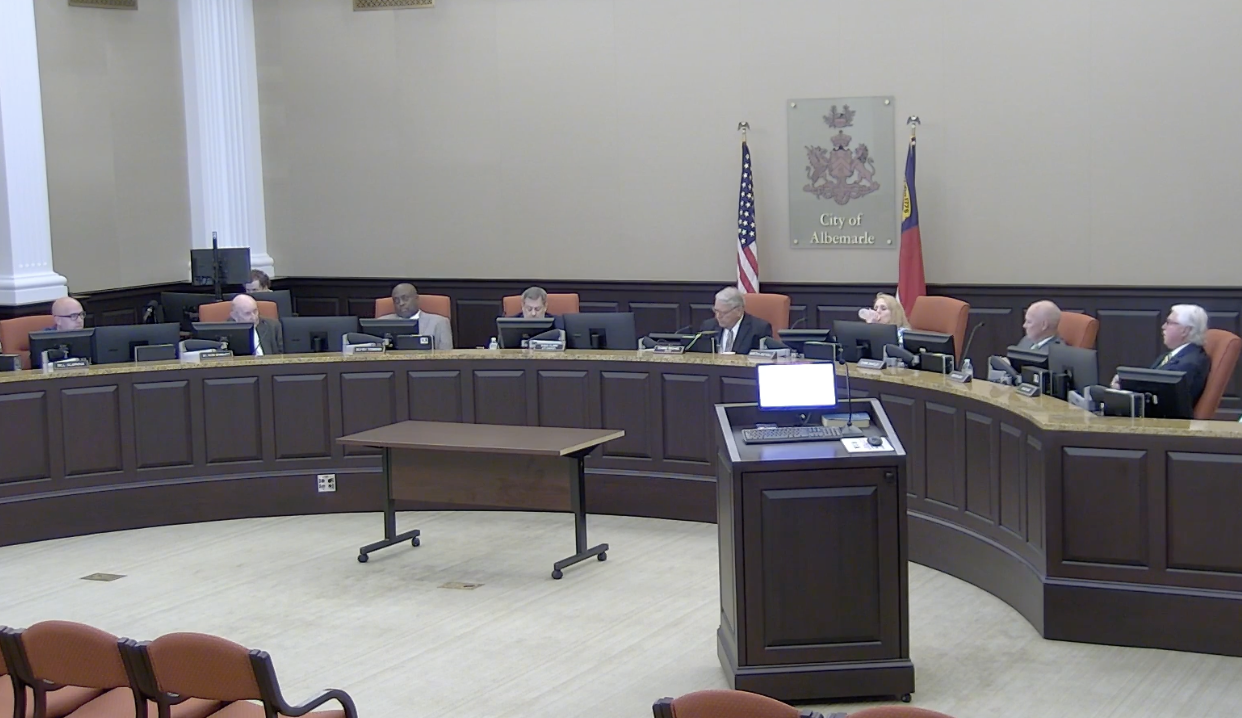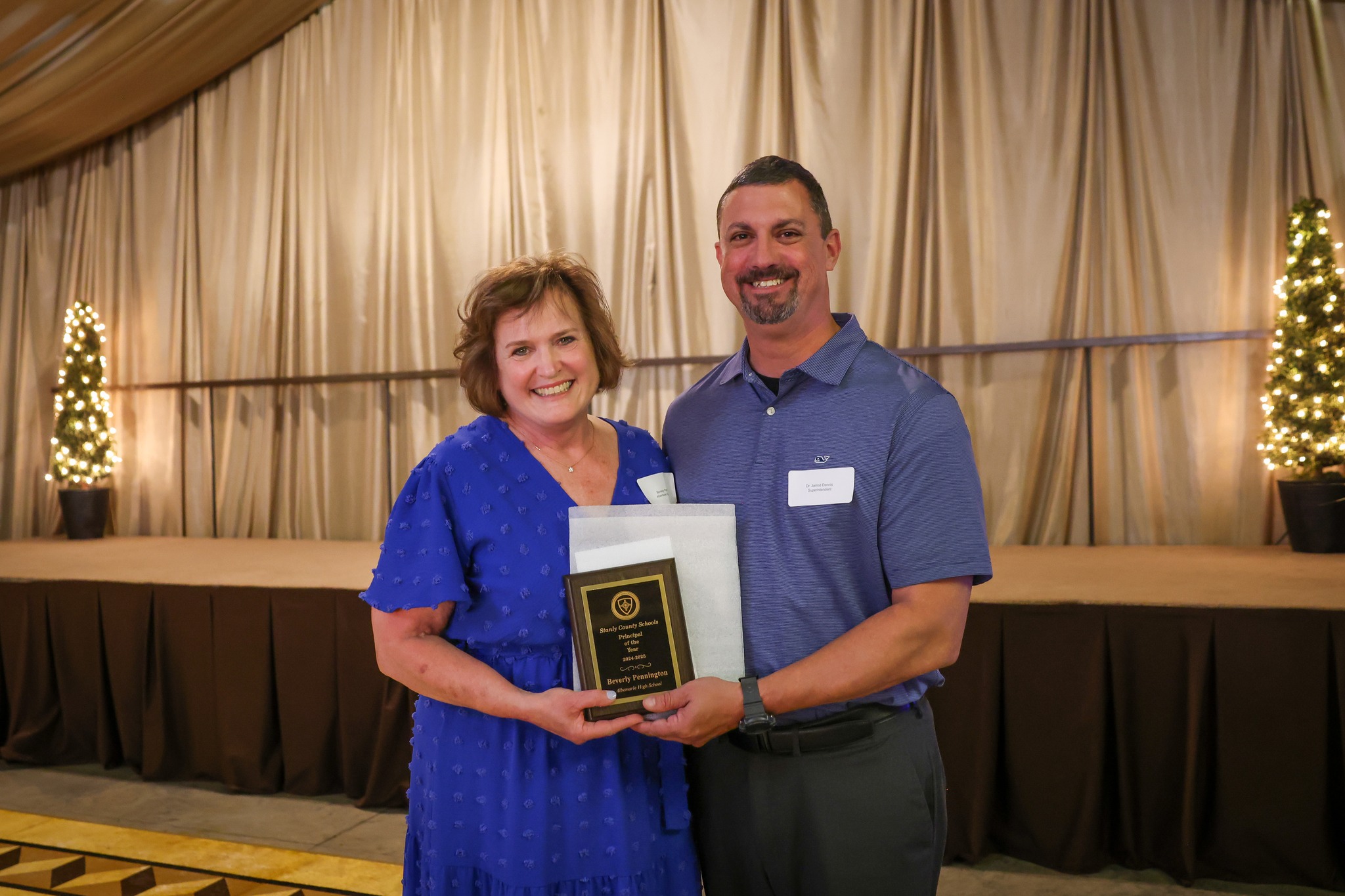JOHN HOOD COLUMN: Helene brought out the best in Carolinians
Published 12:22 pm Wednesday, October 9, 2024
|
Getting your Trinity Audio player ready...
|
RALEIGH — As we mourn the deaths and grapple with the destruction inflicted on our state by Hurricane Helene, I submit that the storm has brought out much that is good about North Carolina — and much that is vile about social media.

John Hood
I’ll start with the positive. Residents of the mountain counties most affected by Helene have fought heroically for their lives, their families and their neighbors, often against long odds and terrifying threats. They haven’t fought alone. Others from across North Carolina and beyond flocked in to help.
We’ve only just begun to collect their stories of prudent planning, daring rescues, and dogged determination. These tales feature the likes of Hendersonville’s James White, who led more than a dozen neighbors sheltering in his home to safety with ropes and lifejackets, as well as Eddie Hunnell, recently moved to North Carolina from Colorado, who leapt into the swollen New River to save a stranger, Lesley Worth, separated from her husband by the raging stream.
At larger scale, hundreds of churches, charities, companies, and volunteer networks sprang to the assistance of their fellow Carolinians. So did law enforcement, fire and rescue teams, and emergency-response personnel from counties, municipalities, state agencies and other public authorities.
On the ground, we’ve seen a great deal of cooperation across jurisdictional and political boundaries. Agriculture Commissioner Steve Troxler, for example, sent North Carolina Forest Service staffers familiar with the rugged terrain to guide National Guard units into position. On Oct. 7, Democratic and Republican appointees on the State Board of Elections voted unanimously to empower local boards in 13 hard-hit counties to modify the locations and hours of early-voting sites and other election procedures — but only by bipartisan votes of those boards, a prudent constraint to reassure a jittery public.
Democratic mayors have worked closely with Republican county commissioners to coordinate relief. Gov. Roy Cooper, U.S. Sens. Thom Tillis and Ted Budd, lawmakers from both parties — all have pitched in to comfort victims, survey damage, coordinate responses, and convey timely, accurate information to the public.
That’s not to say there haven’t been miscues and disagreements. Tillis and Budd questioned the pace at which military personnel from Fort Liberty and other bases were deployed into the devastated counties after the storm. Others have criticized the adequacy of response by the Federal Emergency Management Agency.
While it will take some time to sort out all the claims and counterclaims, it’s not too early to label these issues as legitimate topics for debate.
Unfortunately, much of the “debate” unfolding on social media over the past week has been anything but legitimate. Whether spreading wacky conspiracy theories about lithium mines and weather control or uttering grotesque slanders about Kamala Harris and Joe Biden intentionally “letting” Republican voters “drown,” a host of very-online, supposedly conservative provocateurs and hacks have made a bad situation immeasurably worse.
Here’s what a real conservative leader, state Sen. Kevin Corbin, had to say. “PLEASE help stop this junk,” wrote Corbin, who represents North Carolina’s eight westernmost counties. “It is just a distraction to people trying to do their job.”
“Folks, this is a catastrophic event of which this country has never known. It is the largest crisis event in the history of N.C. The state is working non-stop. DOT has deployed workers from all over the state. Duke [Energy] has 10,000 workers on this. FEMA is here. The National Guard is here in large numbers.”
Some incendiary memes are likely the product of misunderstandings, such as emergency officials redirecting volunteers away from dangerous roadways or relief agencies refusing certain donated items they aren’t equipped to store or distribute. Others may well be the result of bad calls made in good faith, in stressful conditions, by officials with incomplete information or inadequate training.
Can policymakers properly second-guess such decisions after the fact? Of course! That time will come. Right now, our immediate challenges remain rescue and relief — challenges our fellow North Carolinians have met with magnificent resilience.
John Hood is a John Locke Foundation board member.






